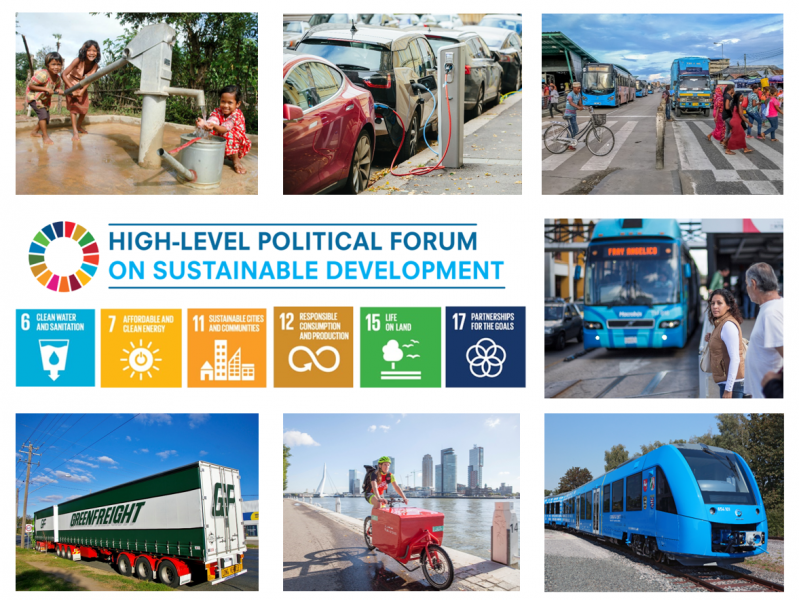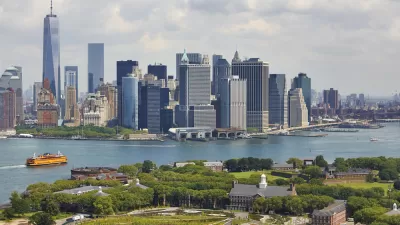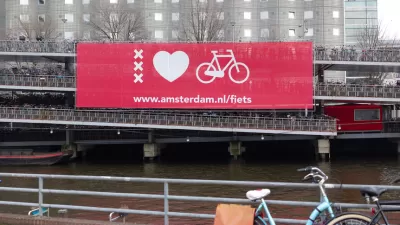Transport policy reforms help achieve many Sustainable Development Goals, including poverty reduction; access to healthcare, education, employment, and clean water; gender equality; better settlements; energy conservation; and emission reductions.
The High-level Political Forum (HLPF) on Sustainable Development is the United Nation (UN)’s central platform for the follow-up and review of the 2030 Agenda and the 17 Sustainable Development Goals (SDGs). The HLPF in 2018, held from 9 to 18 July 2018, focuses on the theme, “Transformation towards sustainable and resilient societies.” SDGs under review at the HLPF 2018 include SDG 6 (Clean Water and Sanitation), SDG 7 (Affordable and Clean Energy), SDG 11 (Sustainable Cities and Communities), SDG 12 (Responsible Consumption and Production), SDG 15 (Life on Land) and SDG 17 (Partnership for the Goals).

A key reporting mechanism within the HLPF is the Voluntary National Review (VNR) process which aims to facilitate the sharing of experiences among countries, including successes, challenges and lessons learned, with a view to accelerating the implementation of the 2030 Agenda.
Although sustainable transport is not represented by a standalone SDG in the 2030 Agenda, it is mainstreamed in a direct or indirect manner into several SDGs, especially those related to poverty alleviation; food security; access to health services, clean water, education, and employment; gender equality; energy; infrastructure; cities and human settlements; energy and food consumption, and climate change.
Since the first HLPF in 2016, the Partnership on Sustainable, Low Carbon Transport (SLoCaT) has been conducting analyses on the VNRs submitted each year. SLoCaT continued to track the references to transport in the 47 VNRs submitted to HLPF in 2018.
Final report on the 47 VNRs is now available and can be downloaded here.
FULL STORY: Showcasing the Critical Role of the Transport Sector to Achieve the Sustainable Development Goals

Planetizen Federal Action Tracker
A weekly monitor of how Trump’s orders and actions are impacting planners and planning in America.

DARTSpace Platform Streamlines Dallas TOD Application Process
The Dallas transit agency hopes a shorter permitting timeline will boost transit-oriented development around rail stations.

Congressman Proposes Bill to Rename DC Metro “Trump Train”
The Make Autorail Great Again Act would withhold federal funding to the system until the Washington Metropolitan Area Transit Authority (WMATA), rebrands as the Washington Metropolitan Authority for Greater Access (WMAGA).

Supreme Court Ruling in Pipeline Case Guts Federal Environmental Law
The decision limits the scope of a federal law that mandates extensive environmental impact reviews of energy, infrastructure, and transportation projects.

Texas State Bills to Defund Dallas Transit Die
DART would have seen a 30% service cut, $230M annual losses had the bills survived.

Bikeshare for the Win: Team Pedals to London Cricket Match, Beats Rivals Stuck in Traffic
While their opponents sat in gridlock, England's national cricket team hopped Lime bikes, riding to a 3-0 victory.
Urban Design for Planners 1: Software Tools
This six-course series explores essential urban design concepts using open source software and equips planners with the tools they need to participate fully in the urban design process.
Planning for Universal Design
Learn the tools for implementing Universal Design in planning regulations.
Roanoke Valley-Alleghany Regional Commission
City of Mt Shasta
City of Camden Redevelopment Agency
City of Astoria
Transportation Research & Education Center (TREC) at Portland State University
US High Speed Rail Association
City of Camden Redevelopment Agency
Municipality of Princeton (NJ)





























